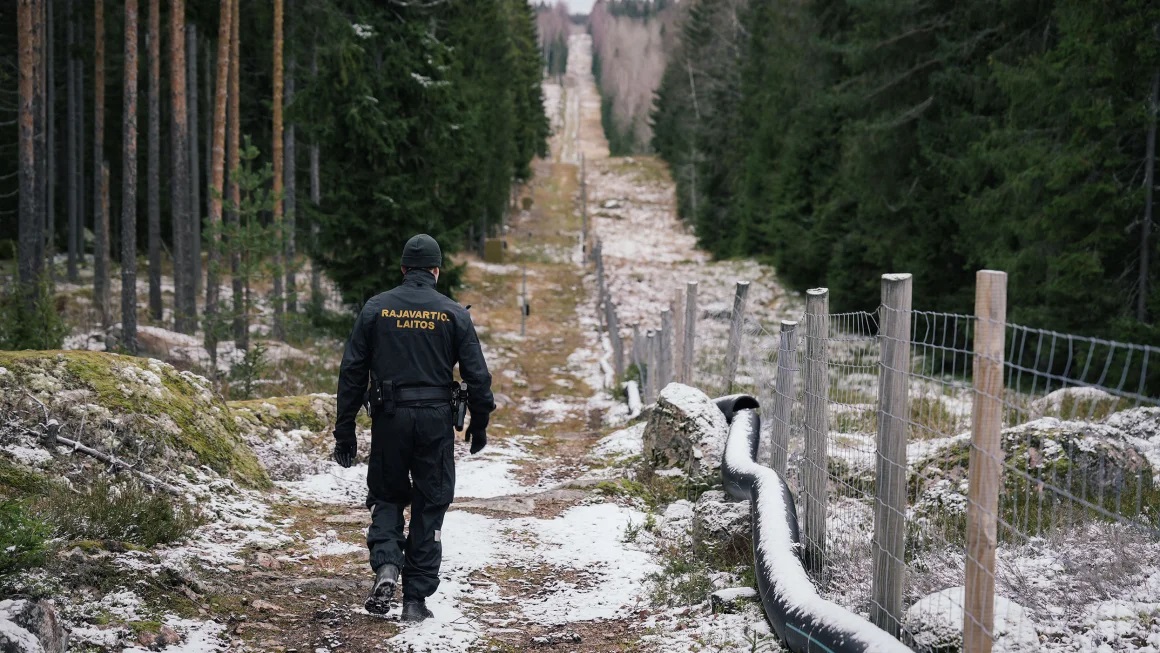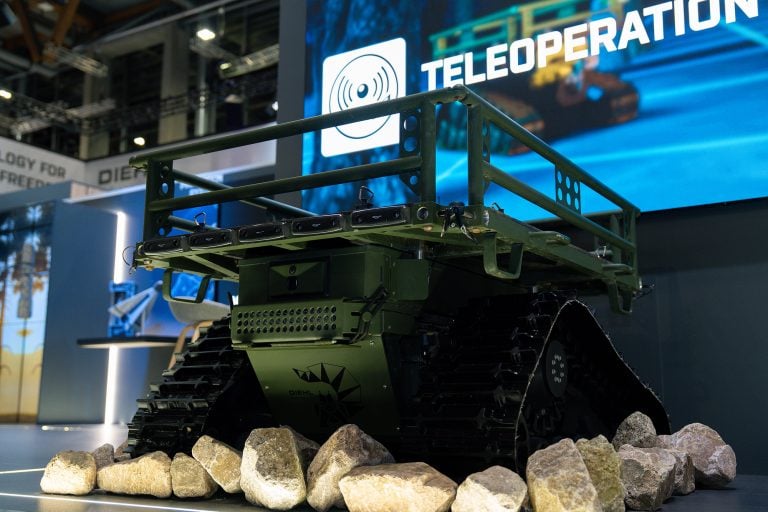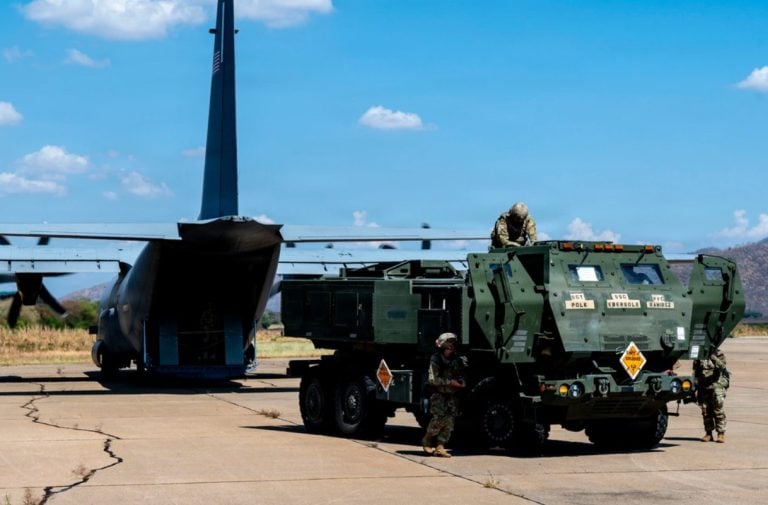Finland’s President Alexander Stubb has officially sanctioned the nation’s exit from the Ottawa Convention, a treaty aimed at banning anti-personnel mines. This decision, made following a vote by Finnish lawmakers in June, is attributed to growing security concerns, particularly in light of ongoing tensions with Russia.
In a statement, Stubb emphasized that while Finland is not currently facing an immediate military threat, the evolving security landscape necessitates a strengthening of the nation’s defense capabilities. He highlighted the significance of Finland’s lengthy 1,340-kilometer (830-mile) border with Russia, particularly given that Russia is not a signatory to the Ottawa Agreement. Stubb remarked, “We have seen how Russia wages war today,” indicating that the situation calls for pragmatic measures.
The formal withdrawal process will take effect six months after Finland notifies the United Nations of its decision. The Ottawa Convention is designed to prohibit signatories from using, producing, stockpiling, or transferring anti-personnel mines, as well as obligating them to destroy any existing stockpiles. These hidden weapons pose a severe risk to civilians, often causing severe injuries or fatalities long after conflicts have ceased, making their use highly controversial.
Stubb acknowledged that the withdrawal would draw criticism but maintained that Finland is committed to the responsible use of any anti-personnel mines, asserting that they will not be deployed during peacetime.
Finland is not alone in its decision; neighboring countries Estonia, Lithuania, and Latvia, along with Poland, are also moving toward exiting the treaty. In response to this growing trend, UN Secretary-General Antonio Guterres has urged nations to halt any withdrawals from the treaty. He announced plans for a global initiative aimed at promoting humanitarian disarmament, accelerating mine action to support human rights and sustainable development, and striving toward a mine-free world.
The developments reflect a broader shift in defense strategies among European nations amid heightened geopolitical risks, particularly from Russia, and are likely to reignite debates over the use and impact of anti-personnel mines in contemporary conflict scenarios.







